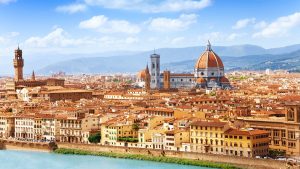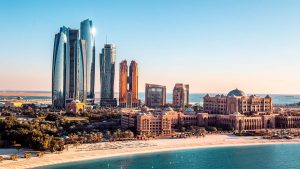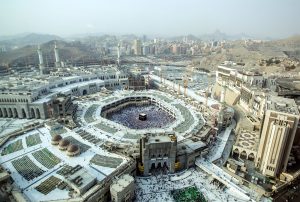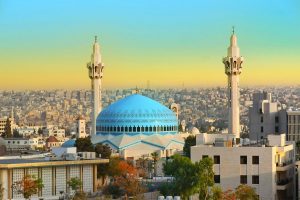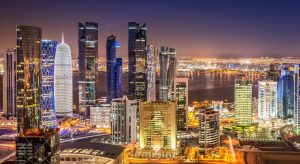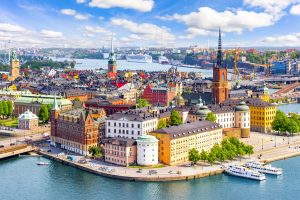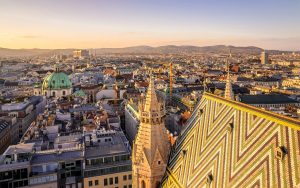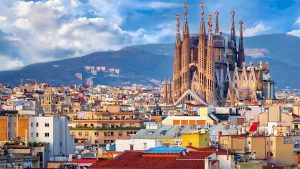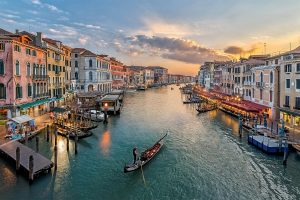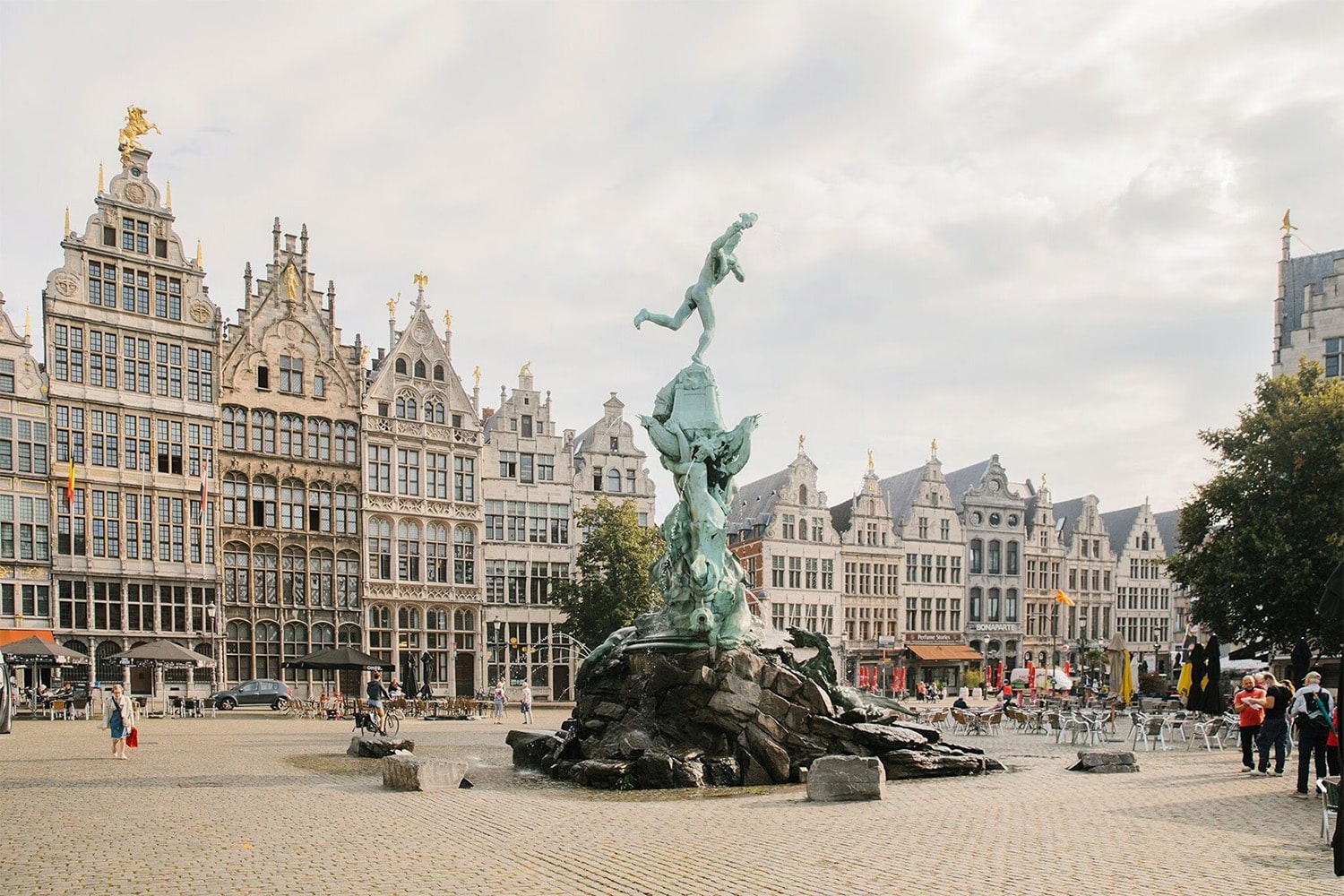
34 interesting facts about Antwerp
- 👁️ 437
Antwerp, a port city on Belgium’s River Scheldt, is renowned for its long history as a center of the diamond trade and vibrant fashion scene. With its roots stretching back to the Middle Ages, the city has evolved into a dynamic hub of culture, art, and commerce. Antwerp’s architecture and museums reflect its storied past, while its modern amenities showcase its progressive nature. The city’s mix of historic charm and contemporary innovation makes it a fascinating destination for visitors from around the world.
- Antwerp is the second-largest city in Belgium and the biggest in the region of Flanders.
- It is known as the “diamond capital of the world,” hosting 84% of the world’s rough diamonds passing through the city.
- The Antwerp Zoo, one of the oldest in the world, was established on July 21, 1843.
- Antwerp’s port is the second-largest in Europe and among the top 20 globally.
- The city played a significant role as a printing center in the 16th century, helping spread the ideas of the Renaissance.
- Antwerp’s Royal Museum of Fine Arts, closed for renovation since 2011, houses works by Rubens, Van Dyck, and Jordaens.
- The city’s name is believed to come from “aan de werpe,” which is Dutch for “at the throw,” referring to the area along the bend of the Scheldt River.
- Antwerp hosted the 1920 Summer Olympics.
- The Cathedral of Our Lady, completed in 1521, dominates the city’s skyline with its Gothic architecture.
- Antwerp is known for its local fashion scene, thanks to the Antwerp Six, a group of influential avant-garde fashion designers who graduated from the Royal Academy of Fine Arts in the early 1980s.
- The Antwerp Central Station, considered one of the most beautiful train stations in the world, was completed in 1905.
- It has a significant Jewish community, historically centered around the diamond trade.
- Antwerp’s MAS Museum, opened in 2011, offers panoramic views of the city from its rooftop.
- The city was the home of Baroque artist Peter Paul Rubens, and his former residence and studio, the Rubenshuis, is now a dedicated museum.
- The Plantin-Moretus Museum, a UNESCO World Heritage Site, showcases the world’s oldest printing presses.
- Antwerp’s fashion and entertainment scene is concentrated in the South (‘t Zuid), known for its galleries, museums, and dining experiences.
- The city has its own version of a hand-throwing legend similar to those found in other cultures, which is commemorated by the Brabo statue in front of the City Hall.
- Every year, the city becomes a hub for the fashion industry with the Antwerp Fashion Weekend.
- The Antwerp International School, established in 1967, serves the international community in the city.
- The city was severely impacted during World War II, suffering significant damage during the Bombing of Antwerp in 1944.
- Antwerp’s Red Star Line Museum highlights its history as a major departure point for emigrants to North America between 1873 and 1934.
- The city’s streets and public spaces feature numerous works by local and international street artists.
- Antwerp’s culinary scene is noted for its Belgian waffles, chocolates, and beers.
- It hosts one of the world’s largest techno dance festivals, Tomorrowland, nearby in Boom.
- The city’s law courts, designed by British architect Richard Rogers, were opened in 2006.
- Antwerp’s Middelheim Park, an open-air sculpture museum, features works by artists from around the world.
- The city has a significant Moroccan and Turkish immigrant population, contributing to its diverse cultural tapestry.
- Antwerp was a major trading and cultural hub during the 16th century, part of the period known as the Dutch Golden Age.
- It was the birthplace of the painter Anthony van Dyck, born in 1599.
- The city is a key player in the global fashion industry, often referred to as “the world’s leading fashion city.”
- Antwerp is connected to the North Sea by the Scheldt River, providing easy access for maritime trade.
- The city often experiences a phenomenon known as ‘Indian Summer,’ a warm, dry period in October.
- Antwerp’s street fashion is a subject of study due to its unique blend of high fashion and grassroots cultural trends.
- The city offers guided diamond tours that show visitors the process of cutting and trading diamonds.
Antwerp is a city that epitomizes the blend of historical richness and modern vitality. Its prominent position in the diamond trade and fashion industry has placed it on the global map, while its cultural heritage in the arts makes it a vibrant European cultural hub. The city’s historical and contemporary significance makes it a fascinating place for both visitors and scholars, offering a rich array of experiences that highlight its unique character. As a nexus of commerce, art, and history, Antwerp continues to thrive as a dynamic and diverse city.
